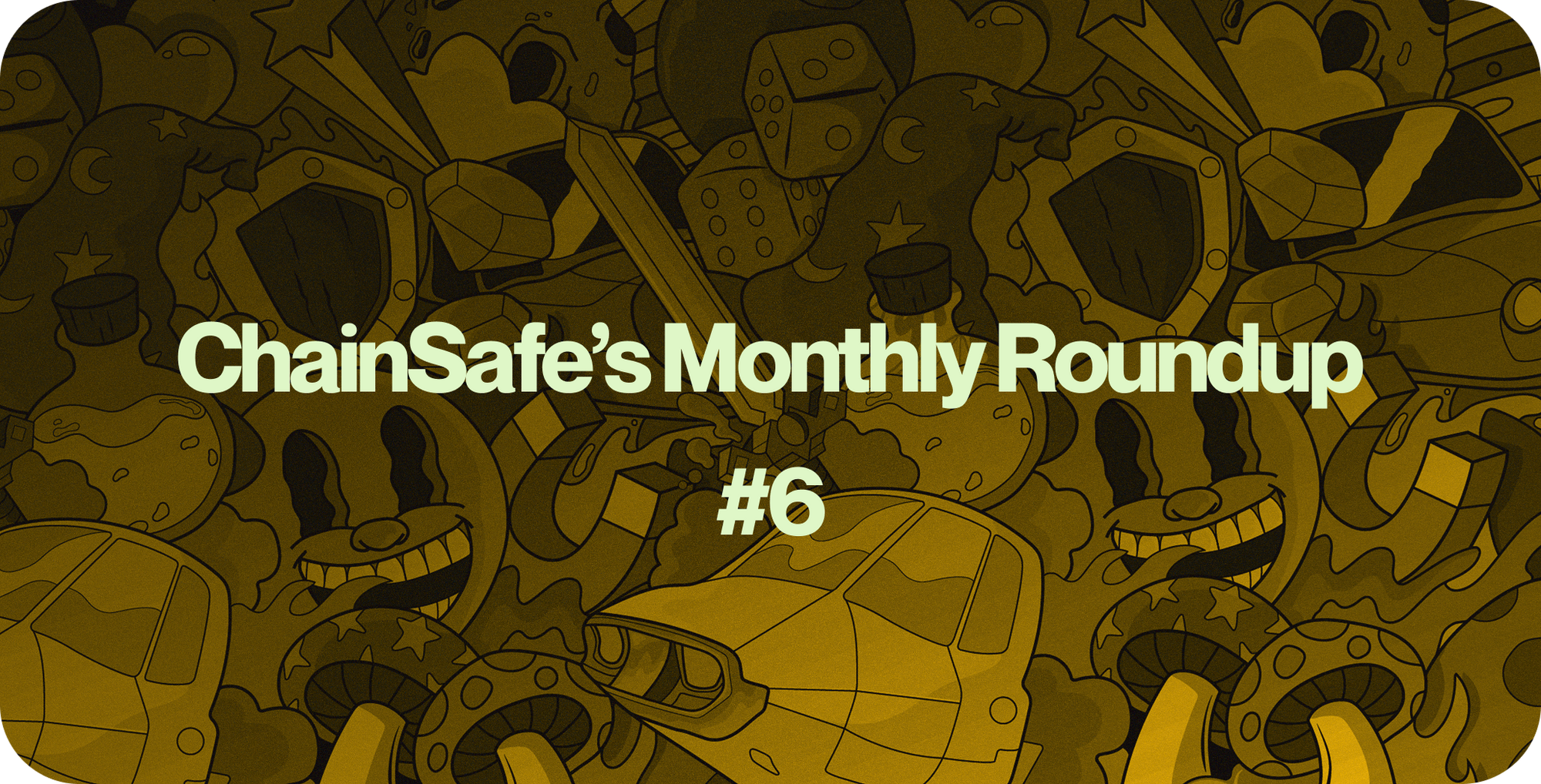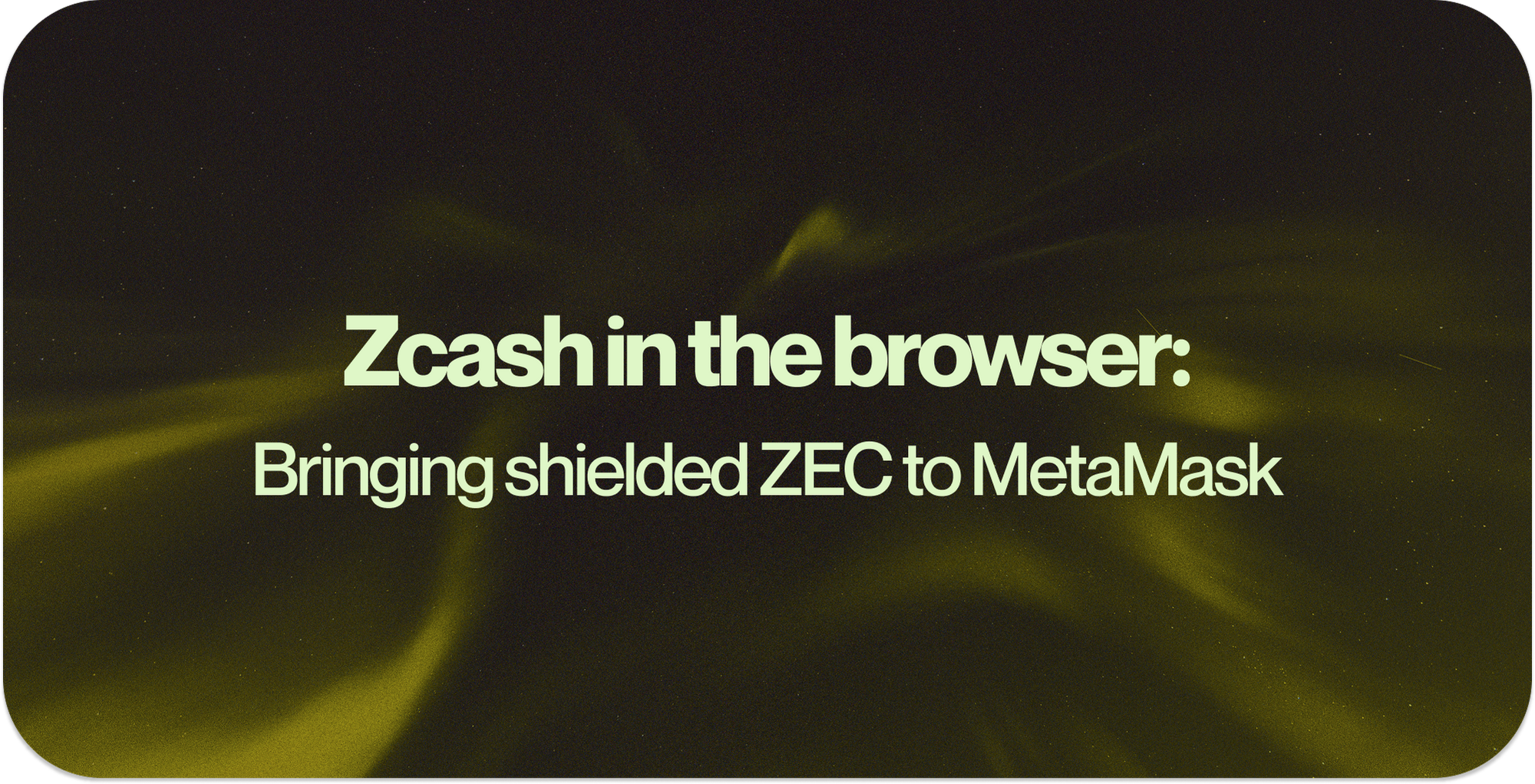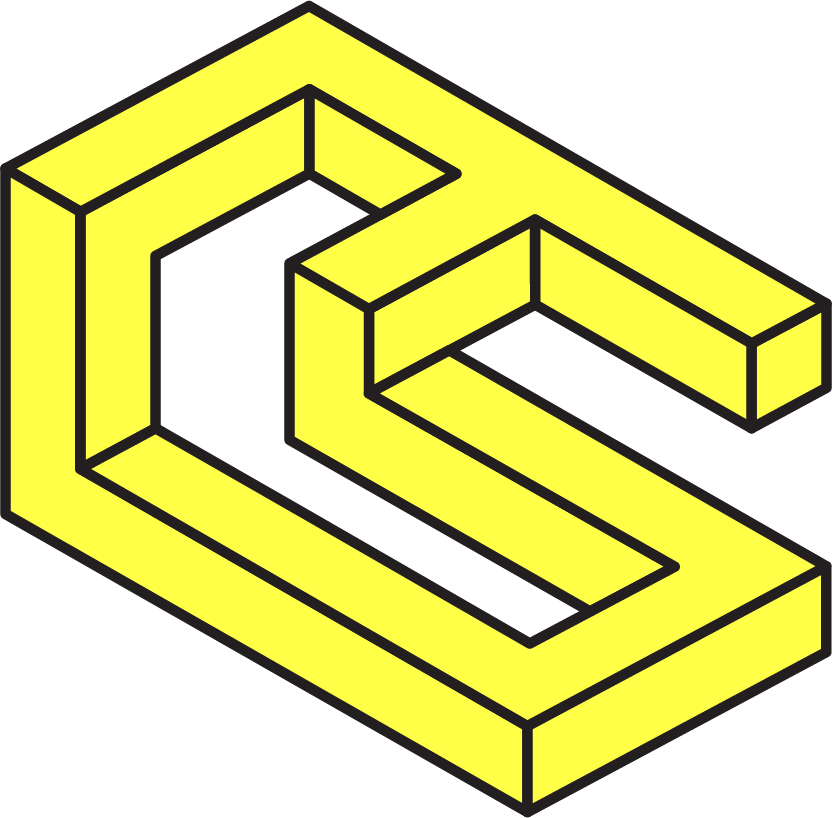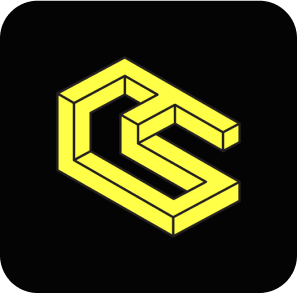ChainSafe’s Monthly Roundup: Issue #6
July was a big month across the ChainSafe ecosystem, with progress spanning privacy tech, infrastructure upgrades, and core client development.

July was a big month across the ChainSafe ecosystem, with progress spanning privacy tech, infrastructure upgrades, and core client development. From bringing shielded ZEC to MetaMask to major client releases, our team has built features and improvements that make web3 faster, more private, and more reliable for everyone.
Shielded ZEC in MetaMask
ChainSafe released the Zcash Snap for MetaMask, letting users send and receive shielded ZEC right in their browser.
The work started in 2024 with a feasibility study, moved through two grants, and included audits to ensure its security. Now, shielded ZEC is easier to use for anyone with MetaMask.
ChainSafe developed WebZjs to make this possible, enabling core functionalities:
- zk-SNARK generation/verification
- shielded transaction handling
- Sapling key management

Infrastructure
In July, the Infra team focused on strengthening our systems and refining our processes. From network upgrades to expanding our operational expertise, we laid the groundwork for smoother performance and future growth.
- Rolled out commit-boost to replace mev-boost: this upgrade brings in richer validator performance metrics, giving us more insight to fine-tune operations and improve network efficiency.
- Joined an Obol DV cluster with Lodestar: three infra team members gained hands-on experience running distributed validator nodes, strengthening our expertise in DV tech.
- Moved our Canton deployment into a Kubernetes cluster: this migration boosts scalability, resilience, and maintainability for the service.
- Became an official Monad operator: further expanding our validator footprint and contributing to the decentralization of the Monad network. See our listing below:

Lodestar
In July 2025, Lodestar saw two major releases that improved performance, reliability, and licensing. The v1.32.0‑rc.0 (pre-release) and v1.32.0 (stable) introduced key features like increased gas limits, async Rust-based proof verification, and a switch to Apache-2.0 licensing, alongside performance boosts in block building and proposer metrics.
Building on this momentum, v1.33.0, released August 6th, continues to enhance Lodestar’s capabilities with important bug fixes, optimizations, and additional support for upcoming Ethereum protocol improvements.
We've released v1.33.0 of Lodestar for all! Update is recommended for users with an upgrade to libp2p, enabling proposer boost by default and minor maintenance to the client. If you had issues with CPU compatibility on v1.32, this will likely fix it: https://t.co/Dr6SeMu6tu 📷
— Lodestar (@lodestar_eth) August 6, 2025
Glamsterdam strategic proposal
Lodestar outlined their strategic proposal for Ethereum’s Glamsterdam upgrade, focusing on faster slot times through smarter structuring. The key idea is to implement EIP-7732 (Execution Payload Block Separation, or EPBS) to decouple consensus (beacon blocks and blobs) from execution payloads. This separation enables:
- More efficient pipelining of slot operations.
- Parallel development paths for consensus and execution layers.
- Boosted network stability and liveness, thanks to extended validation time and better bandwidth use.
- Collection of real-world data to inform future slot time optimizations.

Forest
v0.28.0 “Denethor’s Folly” Highly recommended release. Denethor's Folly introduces quality-of-life improvements for archival snapshot operations and resolves a memory leak issue affecting long-running nodes.
Key updates for developers:
- v0.28.0 “Denethor’s Folly” — Memory leak fix for long-running nodes and smoother archival snapshot operations.
- FRC-0108 snapshot format — F3 finality certificates embedded in CAR snapshots for much faster node bootstrap and reduced bandwidth.
filecoin-requests-buildertool — Quickly generate real chain RPC calls for reproducible benchmarks across node implementations.- Improved RPC conformance testing — Structured, machine-readable reports with detailed failure info for easier CI integration and debugging.
Other improvements:
The Forest team also added out-of-the-box Grafana monitoring, selectable snapshot export modes with speed estimates, and richer JSON decoding for Init and System actor messages.
About ChainSafe
ChainSafe is a leading blockchain research and development firm specializing in protocol engineering, infrastructure development, co-development and web3-enabled gaming.
Alongside its contributions to major ecosystems such as Ethereum, Polkadot, Filecoin, ChainSafe creates solutions for developers and teams across web3.
As part of its mission to build accessible and improved tooling for developers, ChainSafe embodies an open source and community-guided ethos to advance the future of the internet.



